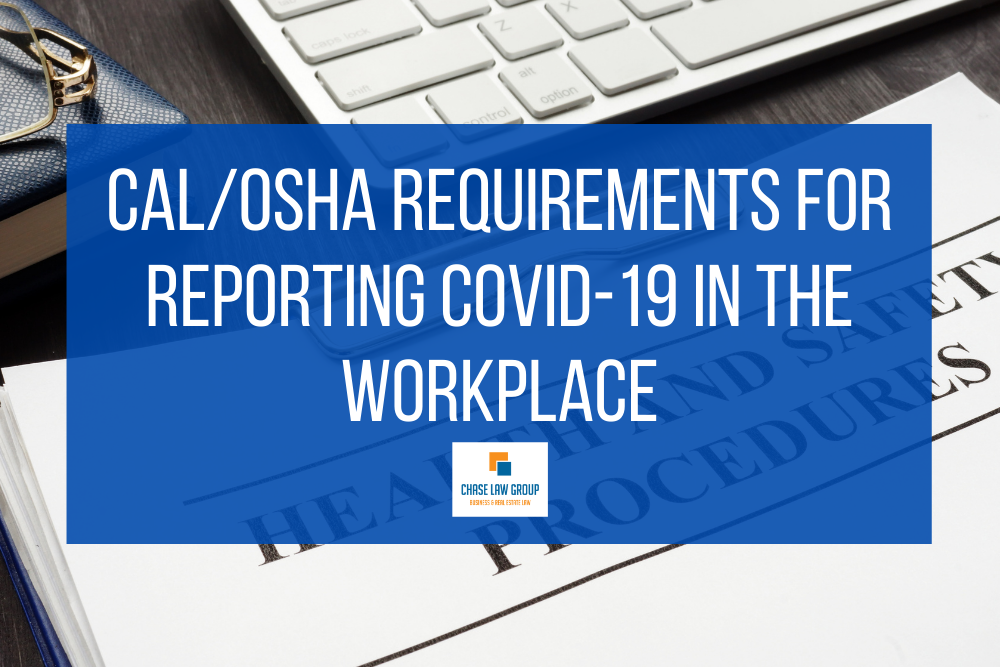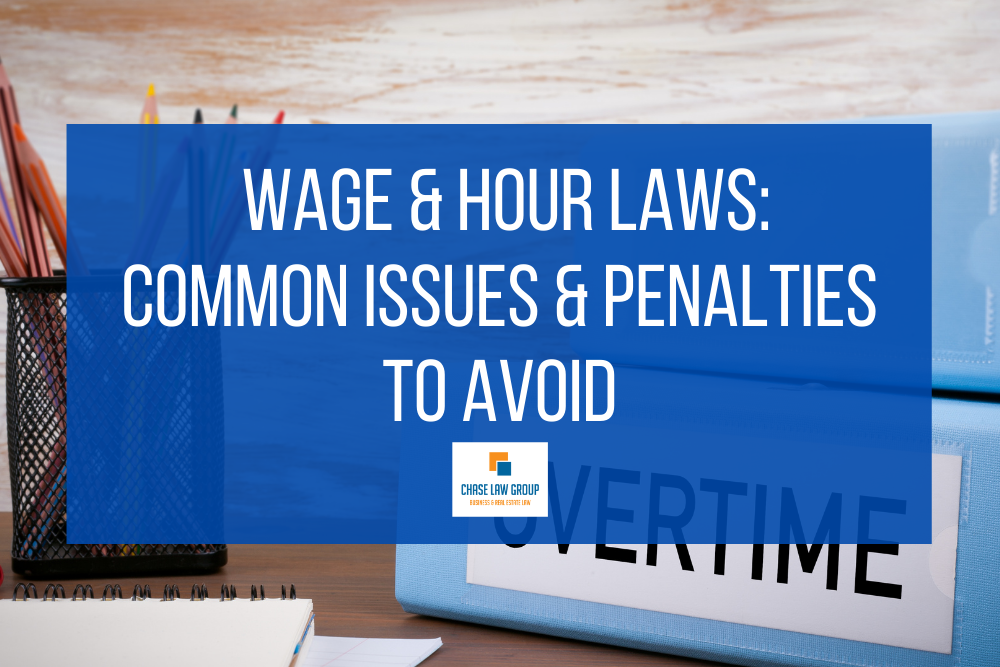California Job Interviews: Be Careful What You Ask For
By Admin February 26, 2024 Category: Employment

When employers interview job candidates, they appropriately focus on questions that will obtain information they need to hire the right person. However, they must also be sure that they do not ask questions that are prohibited under California law and that can potentially lead to lawsuits including those for discrimination. California employers with five or more employees are covered by the California Fair Employment & Housing Act (FEHA) which prohibits discrimination based upon age, ancestry, color marital status, medical condition, national origin, physical disability, religion, sex or sexual orientation, and military status. (Employers with fewer than five employees should also... READ MORE
California Passes Law Regarding Non-Compete Agreements, Including Employer Notification Requirements
By Admin October 30, 2023 Category: Employment

In recently passing two separate bills, Assembly Bill 1076 and Senate Bill 699, California has further strengthened its prohibition on non-compete agreements between employers and employees. California’s existing law, Business & Professions Code section 16600 already established that such agreements are void with very limited exceptions. However, the legislature remained concerned that some employers were still using non-compete agreements with employees as a deterrent. Therefore, California enacted Business & Professions Code section 16600.5 which effective January 1, 2024 will make it unlawful for an employer to even enter into a non-compete agreement with their employees. Employers who violate the new... READ MORE
Good News For Occupational Therapist Corporations (AB 2671)
By Admin February 21, 2023 Category: Business Law

Our occupational therapist clients are some of the most entrepreneurial because they want to be able to provide a holistic experience for their patients by including a variety of other professionals in their care to fully serve their client and patient needs. Historically, many professional service companies could have other professionals as shareholders, officers, directors and professional employees of their corporation, but this did not include occupational therapy corporations. For example, a physical therapy corporation could hire an occupational therapist. However, there was no provision in the California Corporations Code that would allow an occupational therapy corporation to hire a... READ MORE
Enacting and Enforcing a Mandatory Vaccination Policy in the Workplace: Understand the Legal Requirements and Issues That Can Arise
By Admin August 11, 2021 Category: Business Law

In the face of the recent upswing of Covid-19 cases related to the Delta variant, many employers have elected to require all of their workers be vaccinated. But what is an employer to do if an employee refuses to be vaccinated? As a preliminary matter, the California Department of Fair Employment and Housing (“DFEH”) has issued an opinion that California employers may mandate Covid-19 vaccinations for its employees. However, the employer must engage in an interactive dialogue with employees who have a disability-related or religious reason for refusing an FDA-approved vaccine. Note however, an employee who doesn't "trust that the... READ MORE
Cal/OSHA requirements for reporting COVID-19 in the workplace
By Admin July 29, 2021 Category: Business Law

Cal/OSHA has enacted a standard detailing notification and reporting requirements for when there is a COVID-19 case in the workplace. Per the standard, a COVID-19 case is defined as someone who: Has a positive COVID-19 test;Has a positive COVID-19 diagnosis from a licensed healthcare provider;Is subject to a COVID-19-related order to isolate issued by a local or state health official; orHas died due to COVID-19, in the determination of a local health department or per inclusion in the COVID-19 statistics of the country. Under Cal/OSHA’s standard, when the employer knows or should have known there is a COVID-19 case in... READ MORE
The Risks of Failing to Comply with California’s Wage and Hour Laws: Lawsuits and Penalties Require Vigilant Compliance by Employers
By Admin July 29, 2021 Category: Business Law

Employers face substantial risks due to misclassification of their workers and not abiding by the myriad of California wage and hour laws. These landmines for unaware employers, have enormous, business-breaking ramifications due to the substantial penalties that could quickly compound and potentially be a million-dollar liability for an organization. By understanding the applicable requirements and their penalties, employers will better understand their exposure and ensure they take necessary proactive steps to avoid them. What are the most common issues that arise when facing a wage-related claim? Overtime: Unpaid overtime for all work performed in excess of 8 hours in a... READ MORE
Be Prepared: Avoid Household Employee Wage and Hour Claims
By Admin April 08, 2021 Category: Business Law

Many families hire workers at their home to provide a variety of services from housecleaning, cooking, child care, as well as elderly care. However, most families are unaware that the same or similar wage and hour laws that apply at places of business also apply to the people who work for them at home. In fact, we have seen an alarming trend of high exposure (Several Hundred Thousand Dollars) domestic worker claims in recent years. Consequently, it is critical that household employers are in compliance with all applicable wage and hour requirements to avoid their exposure to these wage and hour claims.... READ MORE

